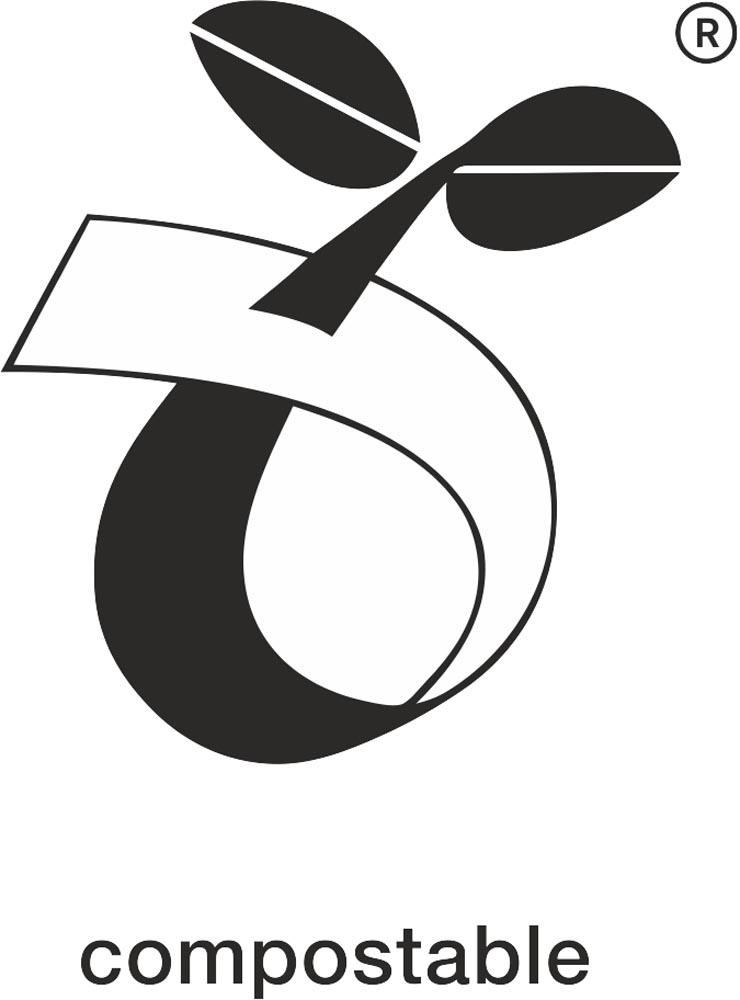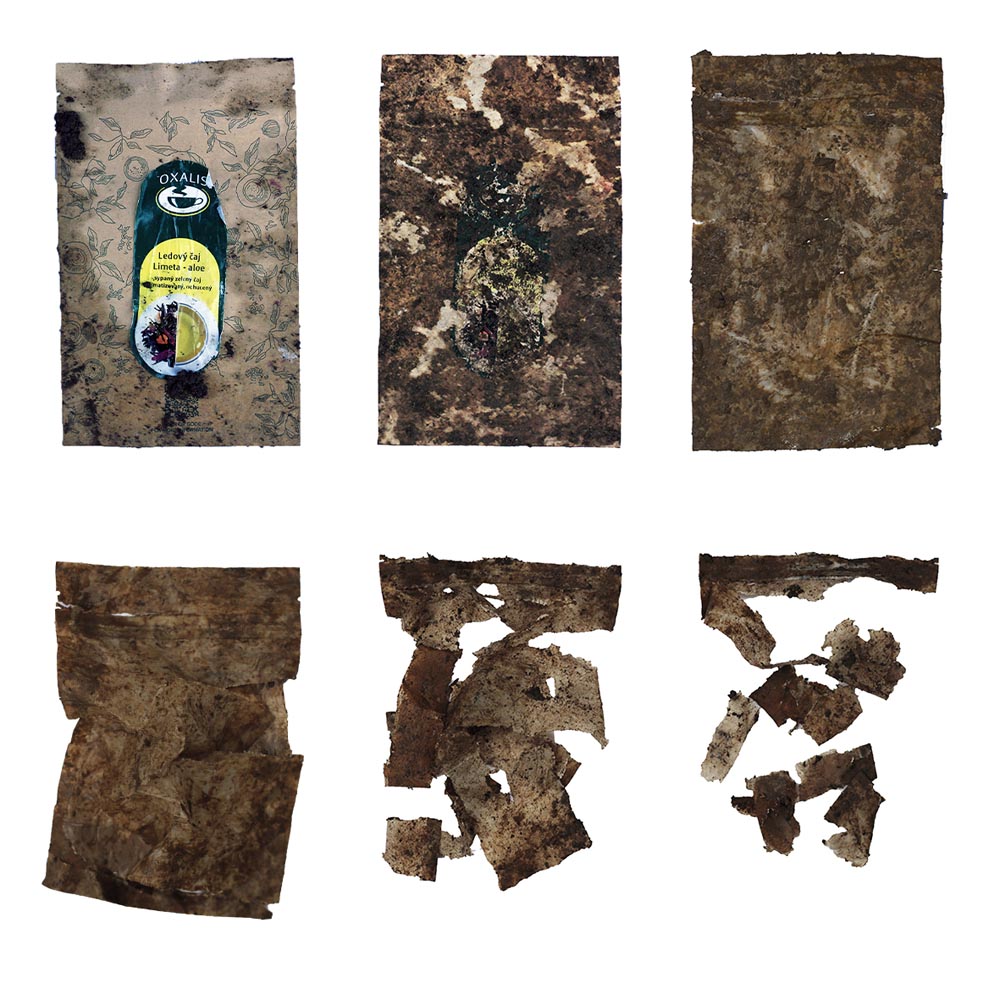

Being sustainable in business is a balancing act, one where factors like ecology, economics and the interests of society at large all play their part. It’s a challenge faced by every country, which has to do its bit to reduce its footprint while juggling the needs of the economy.
OXALIS is committed to minimising the environmental impact of its business endeavours. Here’s a list of what we’ve done to mitigate matters.
All waste is separated to recycle or dispose of it responsibly. Packaging materials are returned by an authorised company.
Our premises have been fitted with energy-saving LED bulbs and lights, which generally give out 95% light but only 5% heat. This drastically reduces electricity consumption, so cuts potential carbon emissions substantially. We’re currently replacing lights in our shops with LED units.
The system at our HQ in Slušovice (Czech Republic) contains inverters, which recover waste heat, reducing the energy required to operate it.
A special type of shielding film is applied to the windows that repel heat from outside, improving working conditions and helping maintain storage temperatures.
We’ve got rid of the old gas boilers and put in energy saving condensing ones instead. This saves a lot of energy and enhances the workspaces of employees.
The technology in place in the warehouse is now powered by environmentally friendly electric motors.
An advanced coffee roaster was purchased in 2013. This offers great efficiencies in energy consumption, since its processes are computer controlled and finely tuned based on weight, heat and humidity for individual loads of beans. Most of the air is recirculated to cut down on the need to heat more unnecessarily. By having one burner and two heating zones, energy costs and emissions are reduced by up to 80% compared to conventional roasters, plus the process is smokeless.
Our range of organic products is expanding as we care about the natural world, and examples include tea from ecological projects in New Zealand and Columbia. Not only is organic produce healthier, it’s friendlier to the environment and farm animals. Being certified as organic means that no chemicals, mineral fertilizers, hormones, pesticides or genetically modified substances are permitted.
The majority of staff live close to their place of employment, be it the HQ in Slušovice or warehouse in Tečovice. They’re encouraged to commute by bike, on foot or share a car, reducing their carbon footprint. The average passenger car pumps out 1.7 tons of carbon dioxide a year.
Customers of our shops are welcome to bring clean, reusable containers for their tea or coffee purchases. This obviously cuts down on unnecessary packaging and waste. Such canisters or containers are sold at our shops. We’ve introduced compostable bags, too, which fully break down in soil.
This has been quite a journey. Our team was tasked with finding completely biodegradable materials, which meant they had to conduct tests on several different options, experiencing varying degrees of success along the way. However, we’ve discovered that packaging materials certified by Din Certco are fully biodegradable, i.e. they are capable of decomposing in a natural environment. In fact, they’re marked as compostable.

Experiments were also carried out at a laboratory in Zlín on packaging in direct contact with foodstuffs. The compostable material didn’t affect the organoleptic properties of the foodstuffs, so there was no impact on sensual aspects like smell and taste. Additionally, it fulfils the requirements of Article 3, Regulation 1935/2004 of the European Parliament and Council on materials intended for contact with foodstuffs.
The images below detail the progress of decomposition of the packaging in a compost environment. The first signs that it’s breaking down appear at around day 37, becoming more pronounced over time. The parts with the greatest amount of polymeric material, e.g. the seal, take the longest to biodegrade. A minimal amount remained after 90 days, so the entire item decomposes in a period of four months.

The packaging can be disposed of by throwing it in with mixed waste and it’ll degrade over time, or the option exists to put it on a compost heap, where it breaks down in the “brown layer” within 3-4 months time.
